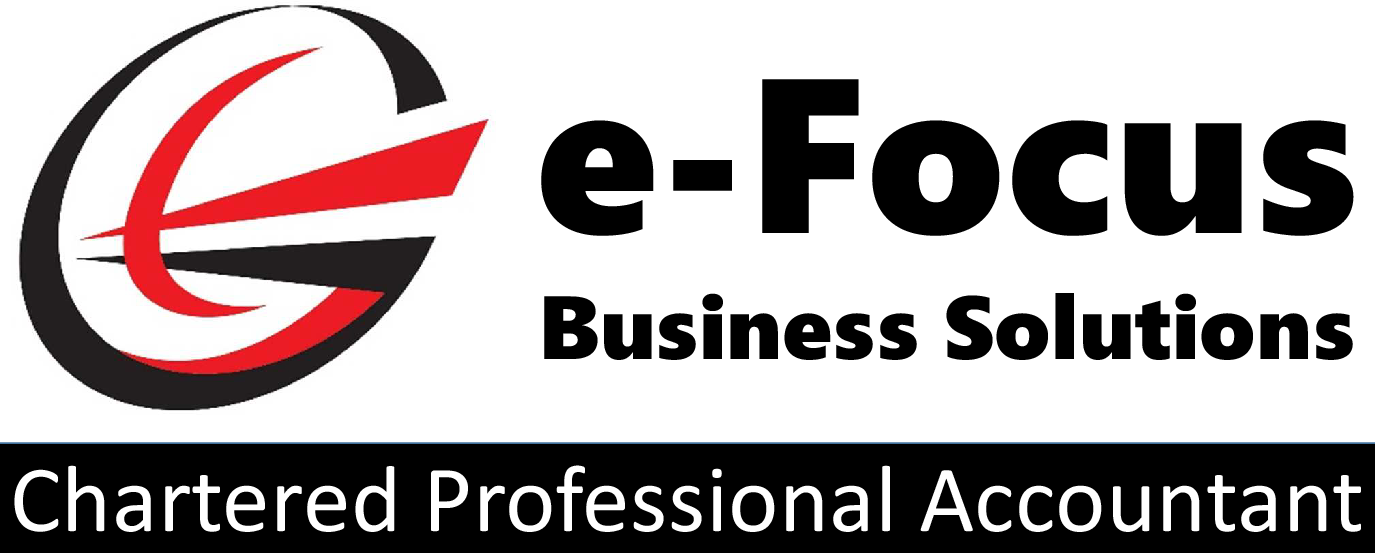Business Entity Selection
 Do you know the difference between a partnership, corporation, or sole proprietorship? There are important advantages and disadvantages to each type of entity, so how will you make the right choice? Forming a business in the Metro Vancouver area is much easier with the assistance of an experienced CPA firm like e-Focus Business Solutions, CPA. We’ll explain the benefits, drawbacks, and tax consequences related to each type of business structure and together we’ll find the best option for your new business. Contact us at 604-227-8886 and set up a free initial consultation today to get started.
Do you know the difference between a partnership, corporation, or sole proprietorship? There are important advantages and disadvantages to each type of entity, so how will you make the right choice? Forming a business in the Metro Vancouver area is much easier with the assistance of an experienced CPA firm like e-Focus Business Solutions, CPA. We’ll explain the benefits, drawbacks, and tax consequences related to each type of business structure and together we’ll find the best option for your new business. Contact us at 604-227-8886 and set up a free initial consultation today to get started.
Sole Proprietorship
With a sole proprietorship, you are the sole owner of the business so you alone are liable for any debts and financial obligations of that business. This means that creditors can come after your personal assets as well as your business assets in order to pay off any outstanding debts. On the positive side, any profits the business makes also belong to you.
Advantages of a sole proprietorship:
- Full control of financial decisions as the only business owner
- Profits go directly to you as the owner
- Start-up costs are relatively inexpensive
Disadvantages of a sole proprietorship:
- Your personal assets can be targeted for business debts
- Income is taxable at your personal rate and can impact your tax bracket
- Raising capital by yourself can pose a challenge
Partnership
A partnership is non-incorporated business. This type of business is created between at least two people who combine their financial resources to support the business. The partners share the business’ profits and they are both liable for any debts of the partnership. When establishing a partnership, it’s prudent to hire a lawyer to draw up a legal agreement that carefully lays out the terms in order to avoid disputes.
Advantages of a Partnership:
- Partners equally share profits and assets
- It’s easy and economical form a partnership
- Some tax advantages apply
Disadvantages of a partnership:
- Legally speaking, you and your business are one
- You can be held financially responsible for failings on the part of your partner
- Misunderstandings and conflicts between partners are possible
Corporation
A corporation can be formed at either the federal, provincial, or territorial level. When you incorporate, you're forming a legal entity that is separate from its shareholders. This means shareholders are not be personally liable for debts associated with the corporation.
Advantages of a Corporation:
- You're not personally liable for any business debts
- Taxes can be lower for incorporated businesses
- Ownership is transferable
Disdvantages of a Corporation:
- Corporations cost more to establish than other types of businesses
- The government requires extensive recordkeeping
- Conflicts between shareholders and directors are possible
